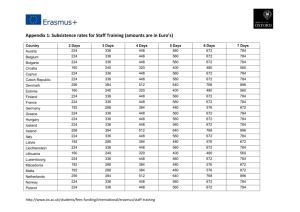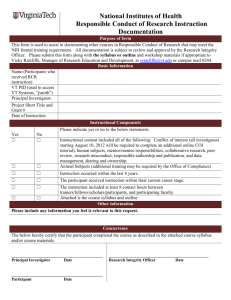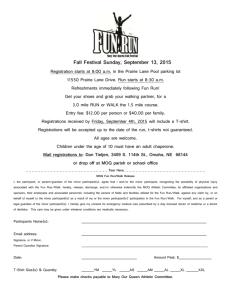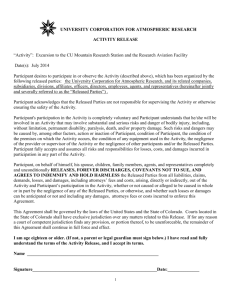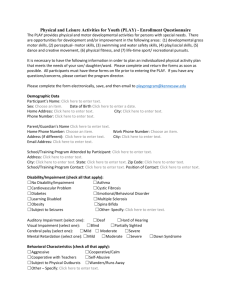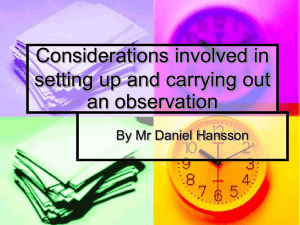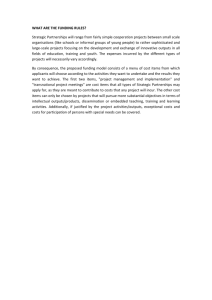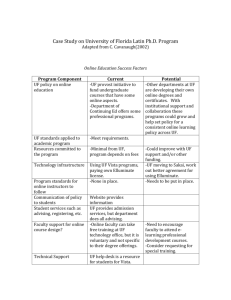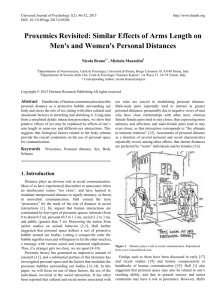Effective Communication for YOUth Employability 15
advertisement
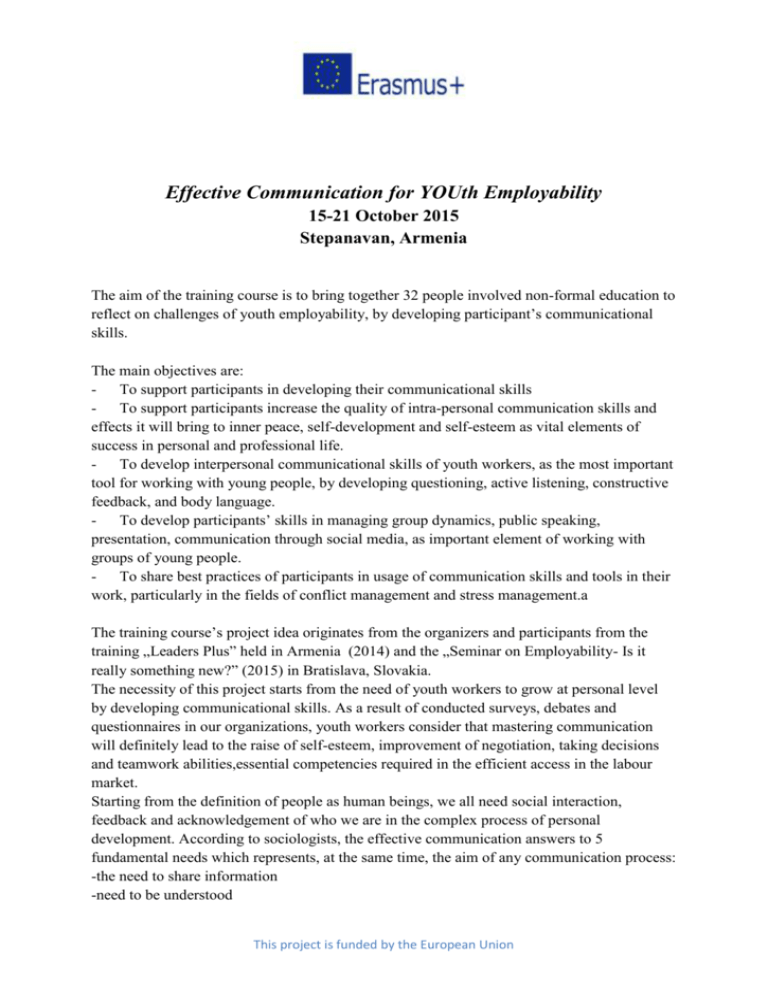
Effective Communication for YOUth Employability 15-21 October 2015 Stepanavan, Armenia The aim of the training course is to bring together 32 people involved non-formal education to reflect on challenges of youth employability, by developing participant’s communicational skills. The main objectives are: - To support participants in developing their communicational skills - To support participants increase the quality of intra-personal communication skills and effects it will bring to inner peace, self-development and self-esteem as vital elements of success in personal and professional life. - To develop interpersonal communicational skills of youth workers, as the most important tool for working with young people, by developing questioning, active listening, constructive feedback, and body language. - To develop participants’ skills in managing group dynamics, public speaking, presentation, communication through social media, as important element of working with groups of young people. - To share best practices of participants in usage of communication skills and tools in their work, particularly in the fields of conflict management and stress management.a The training course’s project idea originates from the organizers and participants from the training „Leaders Plus” held in Armenia (2014) and the „Seminar on Employability- Is it really something new?” (2015) in Bratislava, Slovakia. The necessity of this project starts from the need of youth workers to grow at personal level by developing communicational skills. As a result of conducted surveys, debates and questionnaires in our organizations, youth workers consider that mastering communication will definitely lead to the raise of self-esteem, improvement of negotiation, taking decisions and teamwork abilities,essential competencies required in the efficient access in the labour market. Starting from the definition of people as human beings, we all need social interaction, feedback and acknowledgement of who we are in the complex process of personal development. According to sociologists, the effective communication answers to 5 fundamental needs which represents, at the same time, the aim of any communication process: -the need to share information -need to be understood This project is funded by the European Union -need to be valued and appreciated -need to influence the others -need for intimacy Effective communication is the cornerstone of any personal and professional relationship. We also considered this project topic because personally communication is the main mechanism used by people in everyday life, of vital importance, so natural to human beings and, at the same time, so troublemaker for those who do not master the principle of efficient communication, especially in the transition from school to labour market insertion. We consider effective communication is the key to win our way to success- personal or professional. Developing communication skills can help all aspects of life, from professional life to social gatherings and everything in between. The ability to communicate information accurately, clearly and as intended, is a vital life skill and something that must not be overlooked. in particular communication skills in the labor market than hard or technical skills. The formal education doesn’t cover these needs at all. It is true not just for young people entering the labor market but also for young people who are already in the market and want to develop themselves as professionals. Almost for all possible occupation there need to communicate with customers or colleagues or supervisors. For any managerial position there is need to communicate with group of people, motivate them, give feedback, etc. Our aim is to use youth workers as multipliers and practitioners of advanced communication skills and methods of developing them, and use that to help young people in transition from school to labor market, increasing the level of personal development, integration on communities and societies and, on long term, improve the quality of life. The development of the effective communication skills will definitely lead to the improvement of the key competencies of young people, foster quality improvements in youth work and enhance cooperation between varied youth organizations, all these aspects contributing to the organizational capacities of all partners in the project. The selection of participants for this course will be made by the partner organizations after the approval of the project according to the eligibility criteria as follows. All participants selected for this training must be: - interested to develop their communicative skills - having possibilities and interest to implement skills and knowledge learned in their work - professionals, youth workers or trainers working on the education field - actively involved in the organization and in general in the youth field in their community, particularly priority will be given to participants with experience of working with youth employability - be able to share their organizations’ experience with implementing projects related to youth employability or communication - able to attend the full duration of the training - able to communicate and work in English language This project is funded by the European Union - committed to disseminate the results within their organizations, and to multiply the impact of the project by actively working with youth in their local communities - have experience as a youth leader/ worker EXPENSES Almost all the expenses will be covered by the coordinating organization, supported by Erasmus+ program. Accomodation and meals will be provided by the hosting organization and are covered by the project budget. Travelling costs are based on the travel distance per participant. Travel distances must be calculated using the distance calculator supported by the European Commision. Furthermore, each participant will get reimbursed: For travel distances between 0 and 99 KM: 0 EUR/ participant (Armenia) For travel distances between 100 and 499 KM: 180 EUR/ participant (Georgia) For travel distances between 500 and 1999 KM: 275 EUR/ participant (Romania, Macedonia, Belarus, Bulgaria, Cyprus, Turkey, Ukraine) For travel distances between 2000 and 2999 KM: 360 EUR/ participant (Ungaria, Italy, Slovakia, Poland, Estonia) For travel distances between 3000 and 3999 KM: 530 EUR/ participant (Spain) For travel distances between 4000 and 7999 KM: 8200 EUR/ participant (Portugal) ROLES OF THE PARTNERS: -to prepare the participants for an intercultural experience -to introduce the participants to the conditions of Erasmus+ -to make a connection between the participants in order to reach a proper communication -to help the participants in solving the given tasks for certain activities -to contribute at the visibility of the project, dissemination and exploitation of results and follow-up. This project is funded by the European Union
